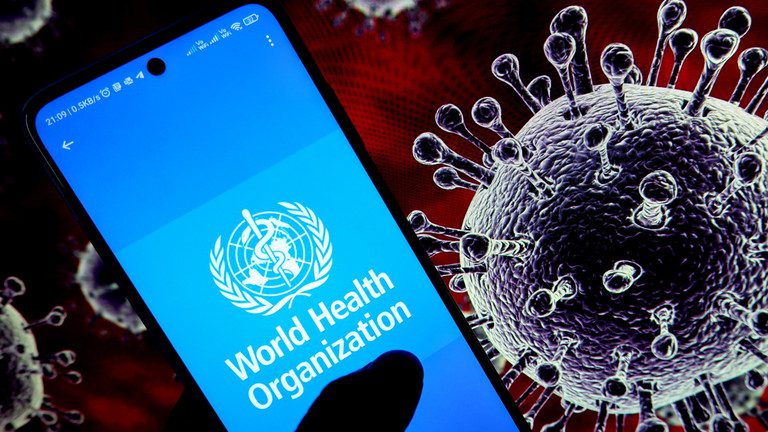Health
WHO allocates $16 million to combat cholera

In order to combat cholera, the World Health Organisation (WHO) has issued 16 million dollars from its contingency fund.
In a video press conference, WHO Director-General Dr. Tedros Ghebreyesus made this statement.
According to Ghebreyesus, the organisation was supplying vital supplies, coordinating the on-the-ground response with partners, assisting nations in the detection, prevention, and treatment of cholera, and educating people on how to take preventative measures.
“We made a request for 160 million dollars to help with this task, and we have already disbursed more than 16 million dollars from the WHO Contingency Fund for Emergencies.
However, he added, “the ultimate solution to cholera lies in ensuring that everyone has access to adequate water and sanitation, which is a human right that is universally recognised.
He said that the WHO had just released fresh statistics that showed the number of cases recorded in 2022 had more than doubled that of 2021.
He claimed that the early evidence for 2023 indicated that things will probably get worse.
“As of this writing, 28 countries have recorded incidents in 2023, compared to 16 at this time last year.
“At the moment, outbreaks are most alarming in Ethiopia, Haiti, Iraq, and Sudan.
Significant progress has been made in Southern African nations like Malawi, Mozambique, and Zimbabwe, but these nations are still in danger as the rainy season draws near, according to Ghebreyesus.
He claims that the poorest nations and communities are the worst affected because they lack access to adequate drinking water and latrines.
He claimed that in addition to coping with several illness outbreaks and other health issues, they also confront a shortage of oral cholera vaccine and other supplies, as well as overworked medical staff.
Ghebreyesus stated on COVID-19 that as the upcoming winter in the northern hemisphere draws near, the organisation continues to notice alarming patterns.
Hospitalisations and ICU admissions, mainly in the Americas and Europe, have climbed during the past 28 days among the very few nations that report them, according to him.
According to the head of the WHO, immunisation rates among the populations who are most at risk are still alarmingly low.
Only one-third of the world’s population has received a second, or “booster” dose, despite two-thirds of people having received the entire primary series.
Even while COVID-19 may not be as grave of a concern as it was two years ago, he insisted that it still must be disregarded.
He said that nations made significant investments in the development of their systems to address COVID-19.
In order to ensure that individuals can be protected, tested for, and treated for COVID-19 and other infectious risks, he urged nations to maintain those procedures.
Maintaining coordinated surveillance, community protection, safe and scalable treatment, access to countermeasures, and coordination are all necessary, he explained.
